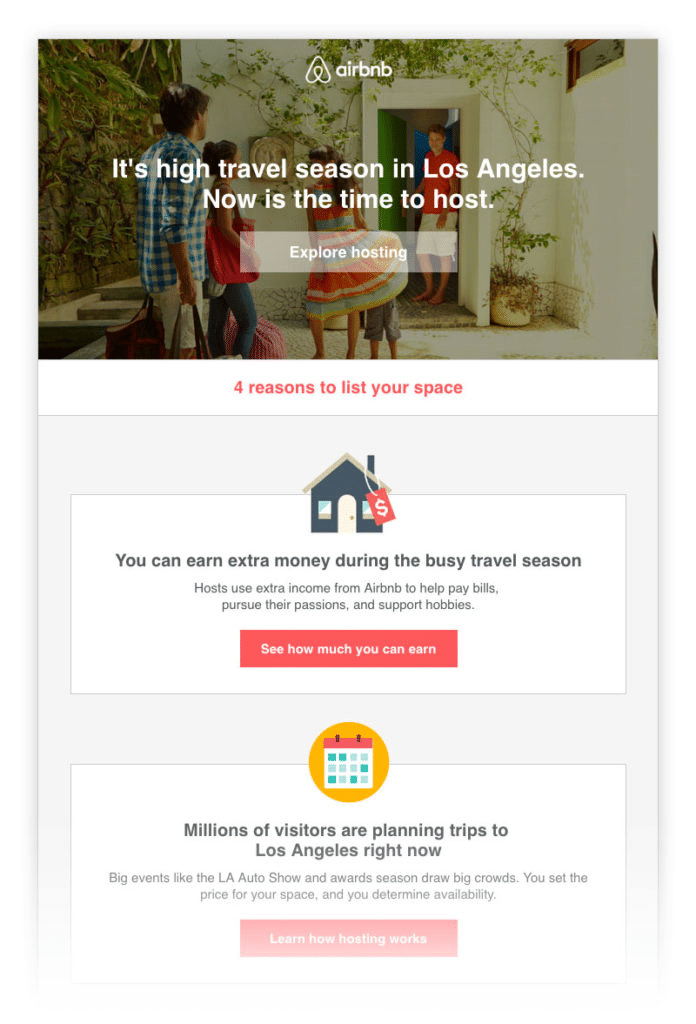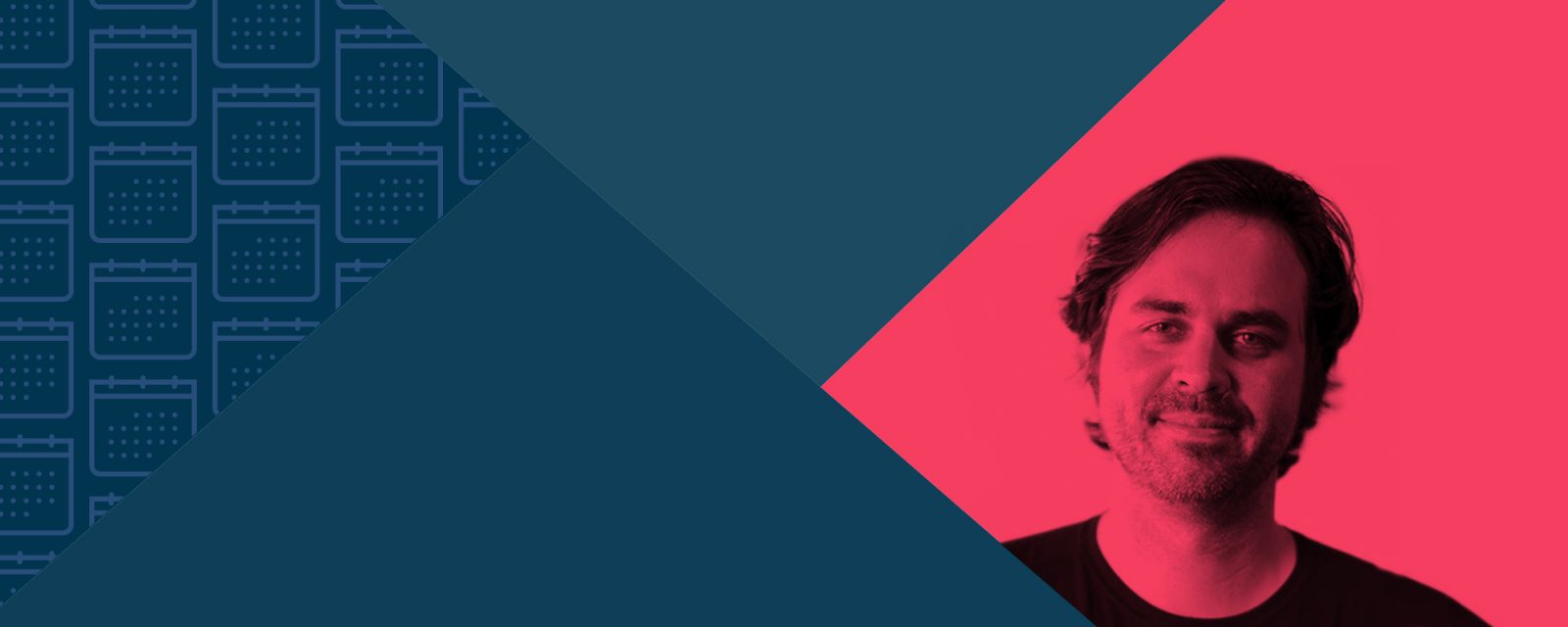What’s it like to work as the Creative Director of an email marketing agency? We went right to the source and asked Alex Williams, Creative Director for Trendline Interactive, a strategic email marketing agency based in Portland, Oregon.

He shared some insight into his daily routine, discussed the challenges he and his team are helping clients overcome, and delved into the details of working in the agency environment.
What’s your average day like?
AW: I like to start the morning at five a.m. with a five-mile run…just kidding! I have two small children, so my morning is all about getting my kids fed and to school. Then it’s all email marketing all the time during the workday. We have offices in every time zone, so being a West-Coaster, the morning is go time.
At about 2:00 p.m., when the other offices start signing off, we really dig into our complicated design projects. Afterward, I pick the kids up from school and focus on them until they go to bed. After everyone is tucked in, I like to take a look at some of the bigger ideas that we’re working on. I’m kind of a right brain vampire in that respect. We’re very work/life balanced at Trendline culturally, which is nice.
What elements of your day do you look forward to most while you’re at work?
AW: More than anything, I enjoy the people I work with. Everyone is passionate about doing our best, and we have a good time doing it. Email moves fast, and if you can’t have fun in the pace, you’re probably not cut out for email marketing.
Other than that, I like digging into every creative brief and finding the hooks and angles. One of my mantras is that every email has to have a point–a reason for sending it. And when you really define that point, you follow where it leads.
For example, an email introducing a new product vs. an email notification that explains a service change are very different creatively. I think that’s the key to enjoying the process: Serving the message.
What are some of the common email marketing problems you and your team are helping clients address during the workday?
AW: There are all kinds of things. On the creative side, it could be template systems, messaging, testing, mobile optimization, and general workflow of building emails. But across the board: strategy analytics, data, deliverability, migration, innovation, etc.
I’ve always said with email: “‘Mo Emails, ‘Mo Problems”. The bigger your program is, the more challenges you have to deal with.
Let’s talk about some of the challenges you and your team face. What are they, and how do you overcome them?
AW: I think the biggest challenge across the board is falling into a “best practice” view on things.
When our co-founders started Trendline, a guiding principle was that “We know best practices, but we don’t always follow them. When everyone follows best practices, you’ve merely redefined mediocrity.”
Email has a legacy of saying there is an easy answer for every challenge you might have, and we just know that’s not always the case. That’s where best practice thinking can limit your potential. Having a great email program isn’t simple.
We strive to and have staffed the company to, understand email marketing from a 360° perspective: Client/Agency/Email Service Provider. We get each side’s perspective and factor it into our approach. That strategy pivots on empathy. When we work with clients, we come in understanding that there are challenges from all sides. If you can’t understand where each party is coming from, you can’t provide a solution that works.
It’s not necessarily an obstacle, but it’s imperative we understand the brand, the email business model, and dig in with our clients about what they’re trying to achieve so we can deliver for them. It’s a fairly nuanced approach that’s tweaked for each individual client. Essentially, it’s about staying curious about every touch within every program, and always challenging preconceived notions of what is expected – to achieve the big gains our clients hire us for. Generally, those big gains are the “big metric” that shows the ROI of the email channel.
I can’t share any hard numbers or specific stats, but an example would be this: When we truly analyzed which email in a program drove the most revenue, it was a text-only password reset email. We converted that into an HTML email with a buy more/save more offer, it produced massive gains.
Another great example would be the email campaign we produced for Airbnb that was aimed at guest-to-host conversion rate. Our goal was to educate the audience about the benefits of listing and hosting–and then motivating them to do that. We created a campaign that was simple and clear, used a responsive layout, and leveraged CSS animation.

Engagement numbers went up and increased host conversion rate achieved. This turned out to be an award-winning campaign–and the design elements are now part of the brand’s global style elements and master template.
So how does being in the agency environment allow you to better serve clients?
AW: I would say, for our full-service clients, while we are their agency, it doesn’t feel like that. We feel like a part of their team. We’re in constant communication and do everything we can to drive the initiatives they challenge us with. It’s a partnership.
For our project work, I think it’s about velocity more than anything. For example, our account management team has such a well-rounded understanding of email, we can jump into a situation and move the needle in the right direction pretty quickly. And when our specialists start to get involved, be it strategy/creative/technology, it’s that comfort that the client has a team that is focused on their program while they are dealing with other things.
I think that’s the real value of agencies: Moving things along quickly outside of the brand day-to-day pace.
Do you have a busy season? And how do you cope with a more hectic schedule?
AW: Yes and no. We’re constantly testing the email programs we work on, so there is always something going on with every campaign. And for seasonal clients, the busy part is months before the actual events. It’s all about getting ahead and planning up front so it isn’t hectic when it launches.
As far as coping, it’s all about planning. Our Accounts/Ops/QA teams do a great job of making sure that we have adequate time to do great work so we’re not scrambling as we get close to the launch date. We had a 99.6% accuracy rate on around 6,000 campaigns we sent last year, which is a testament to that.
Have you automated or delegated certain daily tasks at work to make your workday more productive?
AW: Automation is something I’m actively exploring every day. From a brand new design perspective, there aren’t big gains to be had, because the creative process is so fluid. But on the production side of things, we’ve made huge gains in how we build emails. At the end of the day with email, if you have a very structured/templated email program, there are massive efficiencies available now. They do require a lot more technical skill to manage though. But if you want to mix things up and constantly keep your subscribers on their toes with your creative, you need a dedicated team.
Want to connect with Alex? Follow him on Twitter at @AlexcWilliams.





